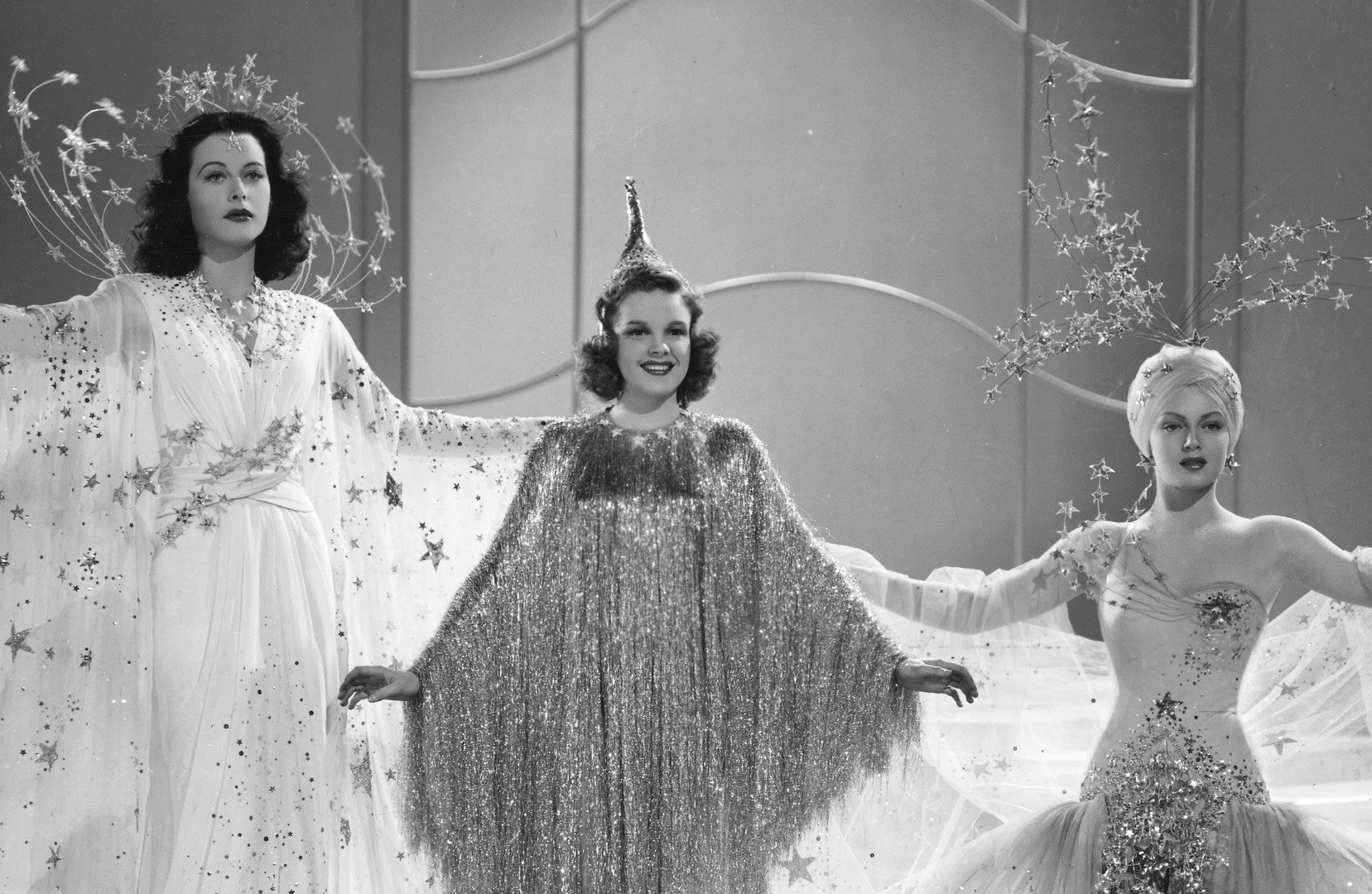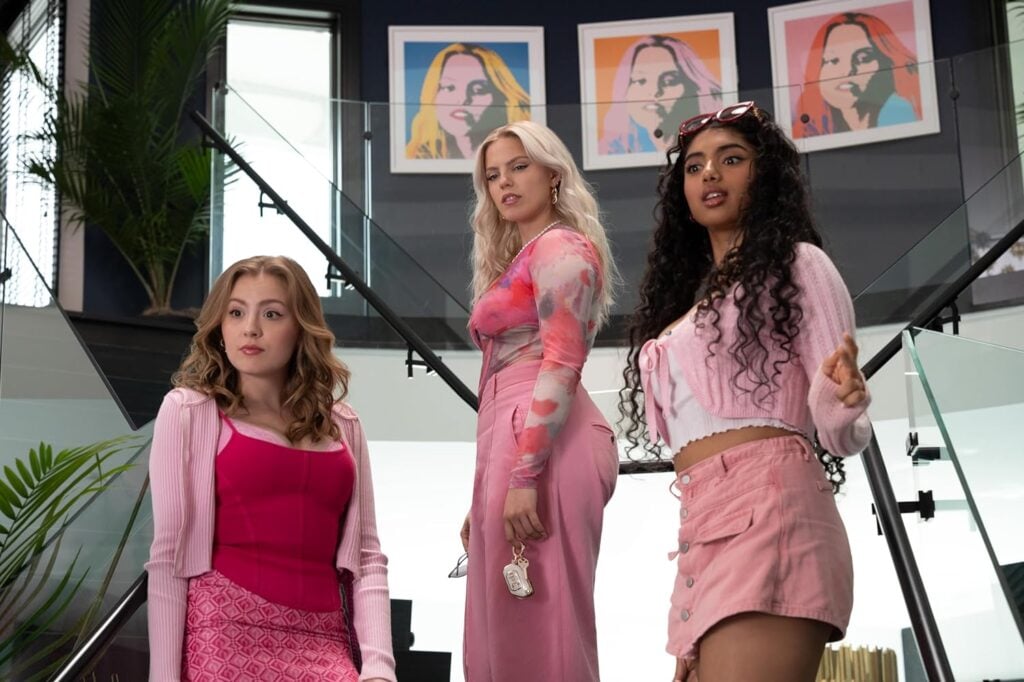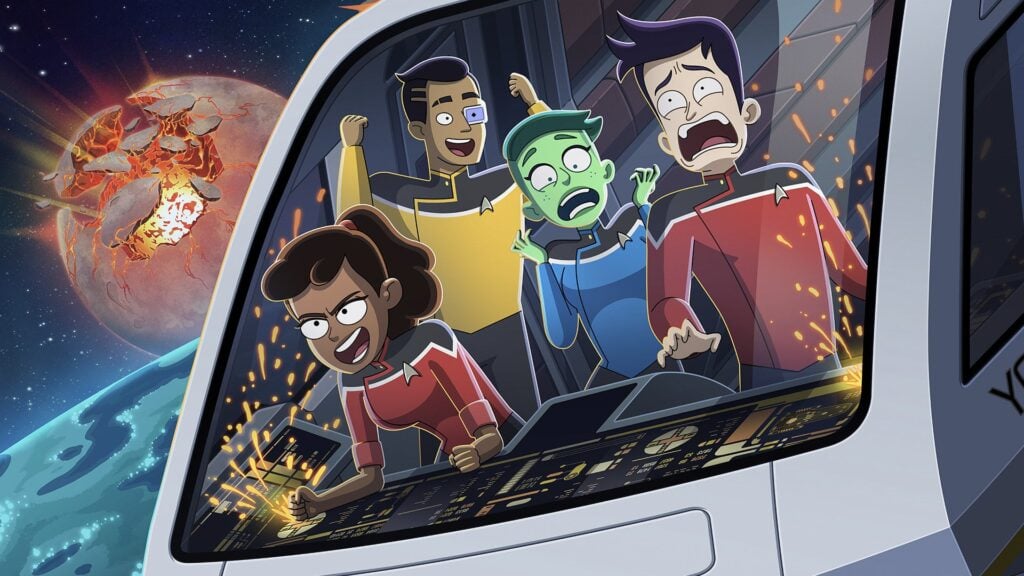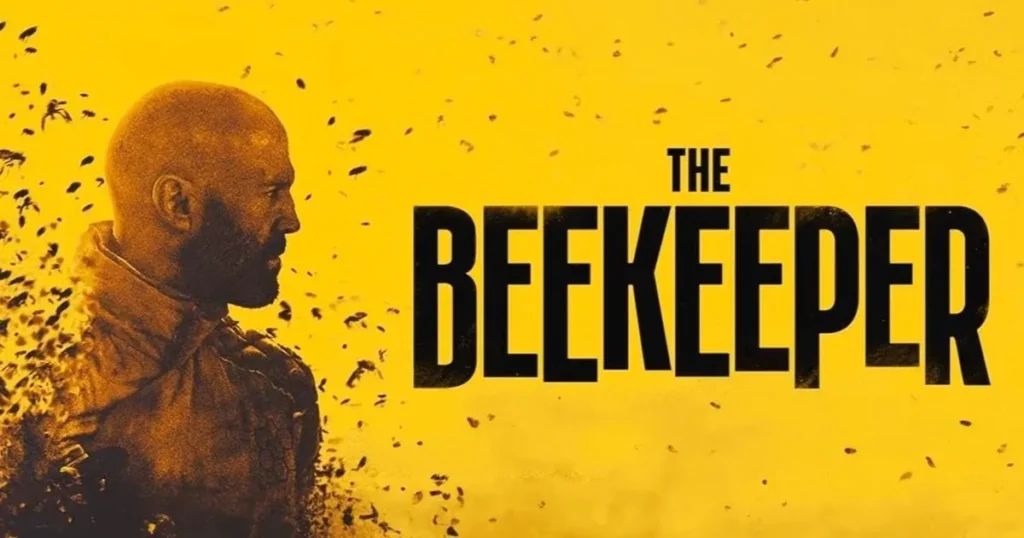Three young women with wildly different career trajectories cross paths at the Follies in Robert Z. Leonard’s Ziegfeld Girl, a 1941 musical drama that offers more narrative heft than most musicals of the era attempted.
The Production: 4/5
Three young women with wildly different career trajectories cross paths at the Follies in Robert Z. Leonard’s Ziegfeld Girl, a 1941 musical drama that offers more narrative heft than most musicals of the era attempted. With MGM’s newest Academy Award winner topping the bill and three of the studio’s most promising talents as the showgirls in question, Ziegfeld Girl is longer and more lavish than just about anything else being made at the time (though it’s not in Technicolor, a surprise given the elaborate sets and extravagant costumes), but its entertainment bang-for-the-buck is considerable.
Discovered by Flo Ziegfeld or his deputy Noble Sage (Edward Everett Horton), three girls’ lives are changed for a year in the Follies but not necessarily for the better: Susan Gallagher (Judy Garland) is a vaudevillian who must leave behind her elderly show biz veteran/father (Charles Winninger) for a chance at the big time; elevator operator Sheila Regan (Lana Turner) is a stunning beauty pursued both by millionaire playboy Geoffrey Collis (Ian Hunter) and by loyal truck driver boyfriend Gilbert Young (James Stewart) from Flatbush; and the haunting European beauty Sandra Kolter (Hedy Lamarr) stumbles into showgirl stardom when she’s chosen for the chorus while her struggling concert violinist husband Franz (Philip Dorn) is rejected for the pit band and then walks out of their marriage at the thought of his wife supporting him.
Screenwriters Marguerite Roberts and Sonya Levien (whose script is based on an original story by William Anthony McGuire) must do a crafty juggling act to keep all of these different stories present and interesting for an audience of varying tastes, and it must be admitted that while they do a mostly admirable job at it, the Sandra Kolter/Hedy Lamarr storyline gets the least attention (and plays the least interestingly today with its antiquatedly negative notions about working wives playing unusually false especially when starvation and homelessness are imminent). All along, the movie was intended as a vehicle to establish Lana Turner as a top star on the MGM roster, and in that effort the film succeeds magnificently as her story shows us a rags-to-riches-to rags saga in the movie’s most dramatic and emotionally powerful moments punctuated not only by her “Stage Door Johnny” and his lavish gifts but also in her encounters with a champion prizefighter (Dan Dailey) whose ups and downs parallel her own. Judy Garland’s segments set her up as the trouper of the bunch, a thorough professional whose performing instincts sometimes put her at odds with her dad whose ideas about selling a song (the ravishing “I’m Always Chasing Rainbows”) run more toward hammy Jolson panache than the more measured Garland bittersweet.
The almost two million-dollar budget is uniquely on display in two increasingly lavish production numbers staged and directed by Busby Berkeley: “You Stepped Out of a Dream” (music by Nacio Herb Brown and lyrics by Gus Kahn) sung to a fare-thee-well by Tony Martin and costumed to the max by noted MGM designer Adrian (though it’s quite odd that Garland is yanked out of the line during rehearsals and told she’s no showgirl and yet ends up in the number in tinsel-encased wardrobe as, yes, a showgirl) and a later tropical-themed extravaganza that encompasses Tony Martin’s “Caribbean Love Song,” a fast flamenco by Antonio and Rosario, and Roger Edens’ inventive bit of specialty material “Minnie from Trinidad” sung by Judy Garland that brings down the house. Because the finale built around “We Must Have Music” was deemed insufficiently lavish to end the show and was cut (only to show up in part of an MGM promo which is contained in the special features on this disc), a makeshift concoction was thrown together for a finale aligning Walter Donaldson and Harold Adamson’s “You’ve Never Looked So Beautiful Before” with excerpts from MGM’s Oscar-winning The Great Ziegfeld with a blonde-wigged Judy Garland perched atop the wedding cake number in place of the original staging’s Virginia Bruce.
As the top-billed star of the film, James Stewart’s role constitutes less than half an hour of the movie; he makes the most of his ardor for Miss Turner in their scenes together, but his last role before heading overseas to distinguish himself during World War II is not among his most fondly remembered parts. Hedy Lamarr keeps her head held high and her emotions in check as the rejected wife whose only interest is helping her husband. Judy Garland handles her musical chores with all of the verve and pluck that was her watchword at the time while Charles Winninger as her wrongheaded father who gets a chance at redemption in an underwhelming Follies showstopper “Mr. Gallagher and Mr. Shean” (with Al Shean) gives a solid performance. Lana Turner was presented with a star bungalow during the making of the film, well deserved for her achievement here: thoroughly convincing as the showgirl whose stardom goes to her head indulging in lavish gowns and the high life until her tendency to burn the candle at both ends brings her crashing down. With the exits of Norma Shearer, Joan Crawford, and Greta Garbo from the studio, she’d reign as MGM’s younger dramatic actress-in-demand (Greer Garson would hold down the older roles). Among others in the cast, Edward Everett Horton’s fussiness pays big dividends, Eve Arden as an experienced showgirl to the newbies gets in a few choice barbs, Jackie Cooper is innocence personified as Judy’s faithful beau, Ian Hunter is perhaps the nicest and least wolfish of the era’s Stage Door Johnnies, Paul Kelly is a stern taskmaster as the Follies director, Philip Dorn an utter pill as the stuffy violinist, and Dan Dailey unforgettable as a champion fighter and a pitiable pug after the sport leaves him behind.
Video: 5/5
3D Rating: NA
The film’s 1.37:1 theatrical aspect ratio is faithfully presented in this 1080p transfer using the AVC codec. The years have been swept away from the presentation with a stunningly beautiful grayscale presentation that features rich, inky black levels and pure, appealing whites. Sharpness is excellent except in glamor close-ups of the stars, and the quality of the image makes the elaborate Adrian gowns and show costumes simply pop off the screen. The movie has been divided into 42 chapters.
Audio: 4.5/5
While the DTS-HD Master Audio 2.0 mono sound mix is pristine with any age-related anomalies like hiss, crackle, flutter, and pops completely eliminated, the audio level seems just a bit underpowered and required some volume adjustment for the fidelity of the audio to make an impact.
Special Features: 3.5/5
Introduction (5:19, SD): film historian and Garland authority John Fricke offers a thorough introduction to the feature.
“We Must Have Music” (10:56, SD): part of the deleted original finale to Ziegfeld Girl is offered as the jumping off point for an MGM promo on their music department offering brief clips from their upcoming musicals The Chocolate Soldier, Panama Hattie, and Babes on Broadway along with featuring their roster of composers who were being assigned to dramatic films in production.
Melodies Old and New (1058: SD): one of the lesser MGM musical Our Gang shorts.
Audio Outtakes: “Too Beautiful to Last” (3:39), “We Must Have Music” finale (2:17)
Theatrical Trailer (3:56, HD)
Song Selection Menu: instant access to sixteen musical moments in the movie.
Overall: 4/5
Robert Z. Leonard’s Ziegfeld Girl isn’t the usual fluffy musical nonsense of the period; rather, it’s a strong dramatic story with musical interludes featuring one the strongest casts of any 1940s film. Recommended!
Matt has been reviewing films and television professionally since 1974 and has been a member of Home Theater Forum’s reviewing staff since 2007, his reviews now numbering close to three thousand. During those years, he has also been a junior and senior high school English teacher earning numerous entries into Who’s Who Among America’s Educators and spent many years treading the community theater boards as an actor in everything from Agatha Christie mysteries to Stephen Sondheim musicals.
Post Disclaimer
Some of our content may contain marketing links, which means we will receive a commission for purchases made via those links. In our editorial content, these affiliate links appear automatically, and our editorial teams are not influenced by our affiliate partnerships. We work with several providers (currently Skimlinks and Amazon) to manage our affiliate relationships. You can find out more about their services by visiting their sites.








Similar threads